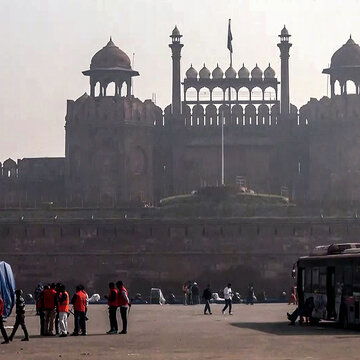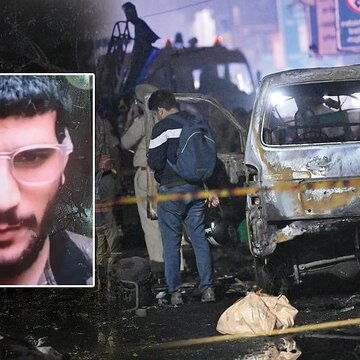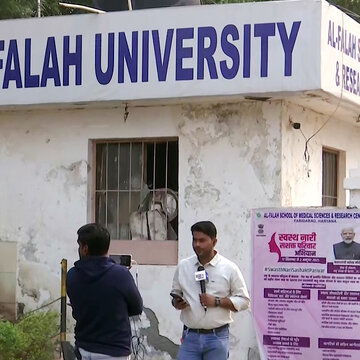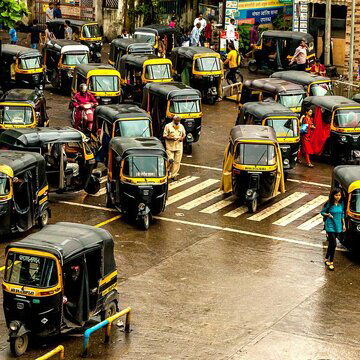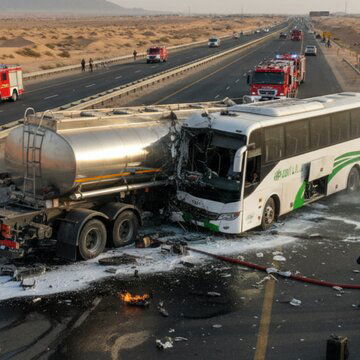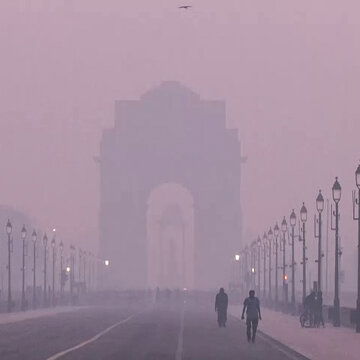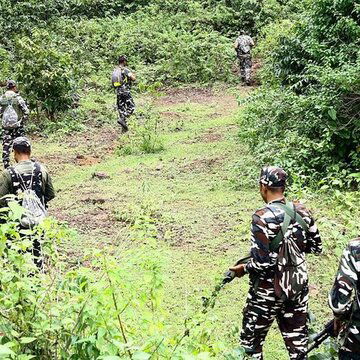Delhi’s air quality stayed firmly in the “very poor” zone on Monday, with the city’s average AQI touching 359, but for many families the crisis extended beyond pollution. The Delhi government’s directive to shift Classes up to V to a hybrid mode from November 11 under GRAP-III has triggered widespread confusion, exposing familiar gaps in digital infrastructure and access.
Digital divide re-emerges as schools shift to dual mode
Parents, teachers and students say the sudden switch has reopened challenges they last faced during the Covid-19 lockdowns.
A teacher at an MCD school in Mandoli said Hindustan Times that most teachers still lack basic devices. “Our teachers don’t have laptops or tablets and that’s a basic requirement for online classes,” she said, adding that many students still share a single phone at home.
Also Read | Delhi Red Fort blast: NIA confirms vehicle-borne IED, arrests main accused
Connectivity remains a major hurdle. “We don’t have a Wi-Fi-enabled campus, and the dongle we have is sometimes recharged and sometimes not, so teachers rely on mobile data,” the teacher said.
Mayur Vihar resident Pinki Soni had planned to send her Class 5 daughter to school while keeping her Class 2 son online due to a lack of devices. But no online class link arrived even a day after the notification. She eventually sent both children to school despite the heavy smog.
Parents across the city face a similar confusion. Many say schools have not issued any clear schedules for hybrid learning.
At Anand Vihar, where AQI has touched 383, Manisha, mother of a Class 2 student, said she learned about hybrid classes only from the news reports and has received no update from the school.
Private school parents face a similar dilemmas. Seema Shukla, whose daughter studies at Bal Bharti School, Dwarka, said she continues sending her child with an N95 mask.
The schools further told the Hindustan Times the dual-mode system is stretching staff. “Teachers have to manage students in class and also those at home. They are overburdened and unsure where to focus,” said Jyoti Arora, principal of Mount Abu Public School, Rohini. She added that nearly 90% of students still attend physically, making air purifiers “unavoidable.”
Government schools report high attendance except among children with respiratory concerns.
Government says support is being provided
As per a report by the Hindustan Times, Delhi Education Minister Ashish Sood said the administration is following health directives and schools have been instructed to create proper online timetables and use whatever digital infrastructure is available. “Internet access and essential digital support is being facilitated at the school level,” he said.
Under GRAP-III, schools must run Classes up to V in hybrid mode “wherever online mode is feasible.”
AQI still dangerous across the capital
According to the CPCB, overall air quality showed little improvement from Sunday’s AQI of 385.
Key readings included:
Bawana: 427
Chandni Chowk: 383
RK Puram: 366
Punjabi Bagh: 384
ITO: 394
Also Read | Delhi’s AQI breaches 400 as dense smog grips capital, temperature drops to 9°C
India Gate/Kartavya Path: 341
Dwarka Sector-8: 356
Anand Vihar: 383
With temperatures dipping to 9°C, Delhi also recorded its coldest November morning since 2022, adding to residents’ discomfort.



